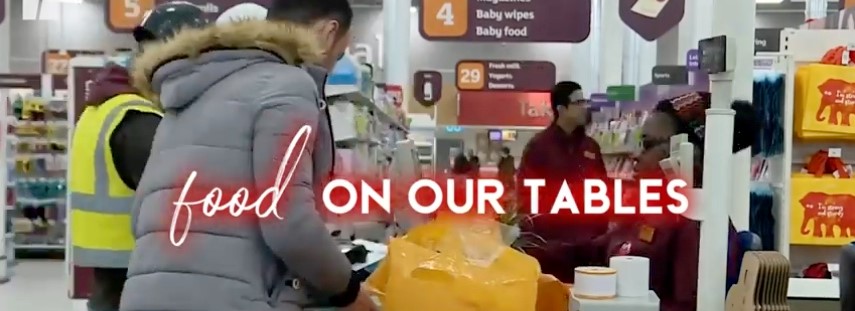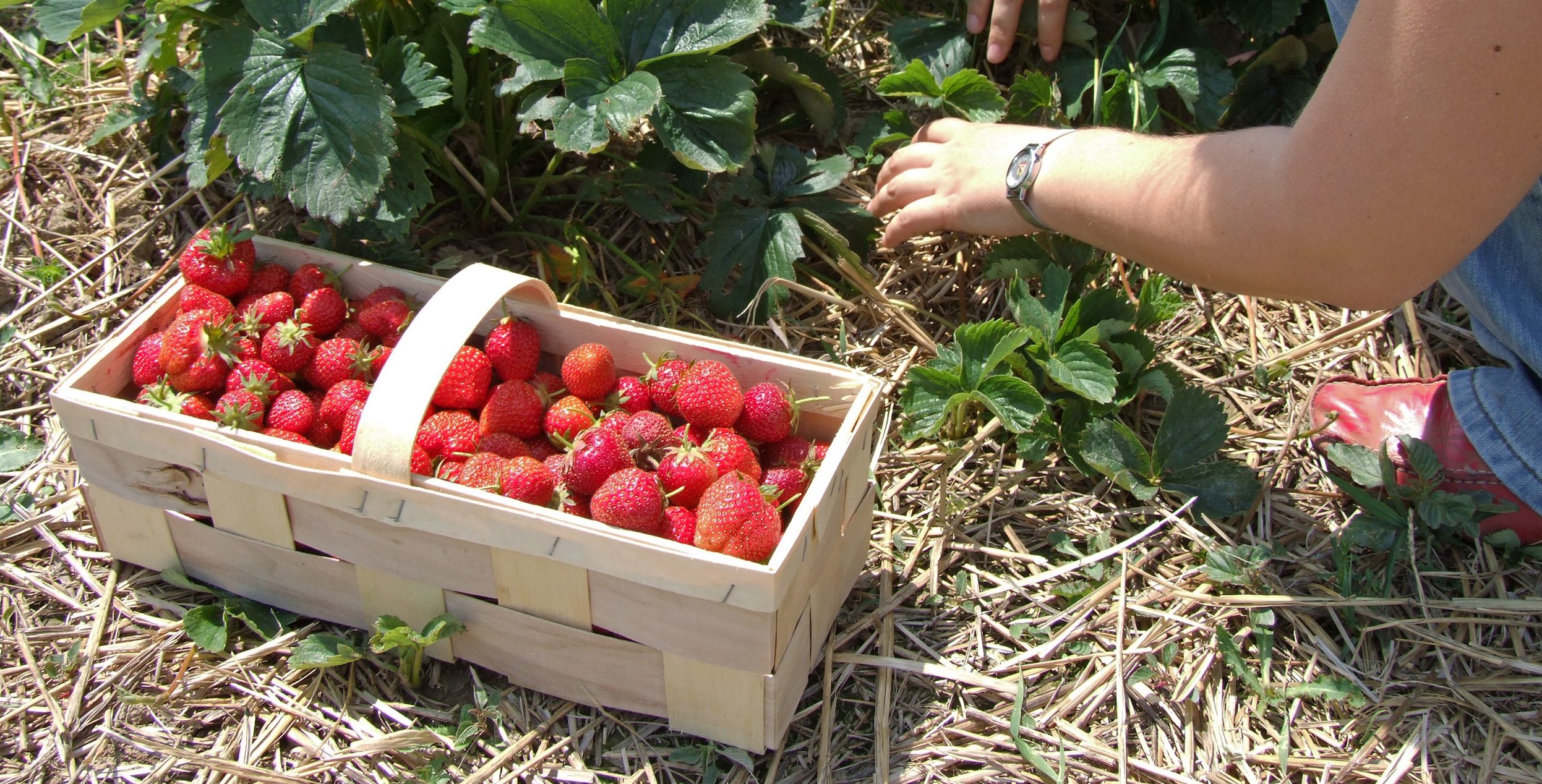‘Invisible and undervalued’
A rural charity is producing a “village survival guide” after a survey revealed that many countryside residents feel isolated and ignored.
Unite welcomed the move but said real change to improve the lives of those living in rural areas needs to come from businesses and government.
A survey of 3,000 people by the Prince of Wale’s Countryside Fund and Scotland’s Rural College identified a lack of access to services, poor transport links and weak internet and mobile coverage as some of the main issues driving isolation in rural communities.
Respondents said better infrastructure and affordable housing is needed to keep businesses and young people from moving away to areas with a higher population density.
Most of the respondents said a car is vital for accessing services such as healthcare, libraries, schools and shops, with some feeling “invisible” and undervalued by the rest of society.
The survey corresponds with the feelings of many Unite members who live in rural communities.
RBS branch closures
Unite member and NHS worker Heather Gilfillan, from Scotland, has been part of the campaign to stop RBS closing rural branches.
She said, “I come from a little old mining village in East Lothian that will be left without a bank and it’s horrendous. We have elderly people who don’t go on the internet – RBS are expecting them to travel to the next town or even further just to do their banking.”
Unite regional officer for Scotland Lyn Turner explained that the closures of such local services have a knock on effect on village high streets.
He said, “One local butcher (in a village where the bank closed) explained that footfall into his shop had dropped by 15 to 20 per cent due to the closure and the lack of an ATM for people to access cash.”
Banks were one of a number of local services mentioned in the report on the Countryside Fund’s survey.
It said, “The top three changes communities say they need across rural UK are a reduction in the closure of key services such as banks, post offices and pubs, fairer funding for rural areas that compensates for higher costs of improvements, and to improve rural broadband coverage and mobile coverage.”
In response to the survey, a spokesperson for the fund it was planning on producing a “survival guide”.
The guide will include “practical guidance on how to set up a community business, information on who can offer specific advice and a â€top resilience list’ which will break down, based on the research, the key assets that make rural communities sustainable”.
‘Sad state of affairs’
Unite national officer for Food, Drink and Agriculture Joe Clarke said any attempt to improve the lives of people in rural areas “is be lauded”.
He said, “But it is a sad state of affairs when a charity has to publish a â€village survival guide’ in response to the growing isolation of rural communities.
“There are a number of reasons for this, including a lack of jobs and opportunities causing people to move away, cuts to bus services that leave residents stranded and the closure of banks and post offices that serve as community hubs.”
Clarke made clear that the government and businesses must make more effort.
“If communities in the British countryside and the rural economy are to thrive this drift into isolation must be reversed. There needs to be investment in infrastructure such as rural broadband and improved public services such as transport,” he said.
“Rural employers, especially in agriculture, must move away from insecure work and provide employment that will help sustain the communities they are part of, while banks must halt the widespread closure of branches that often serve as the glue keeping village high streets together.”
 Like
Like Follow
Follow


